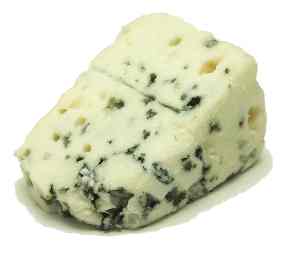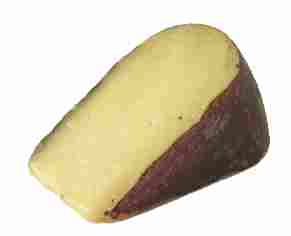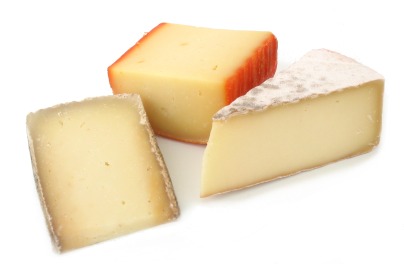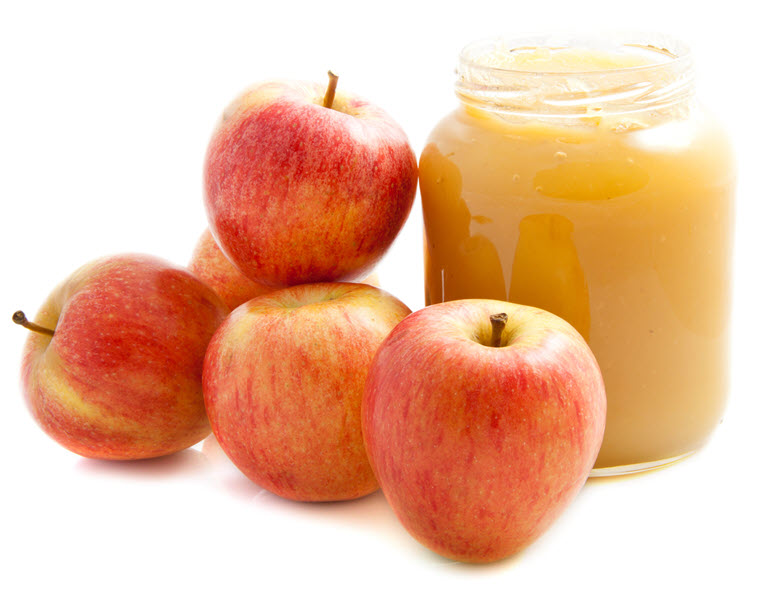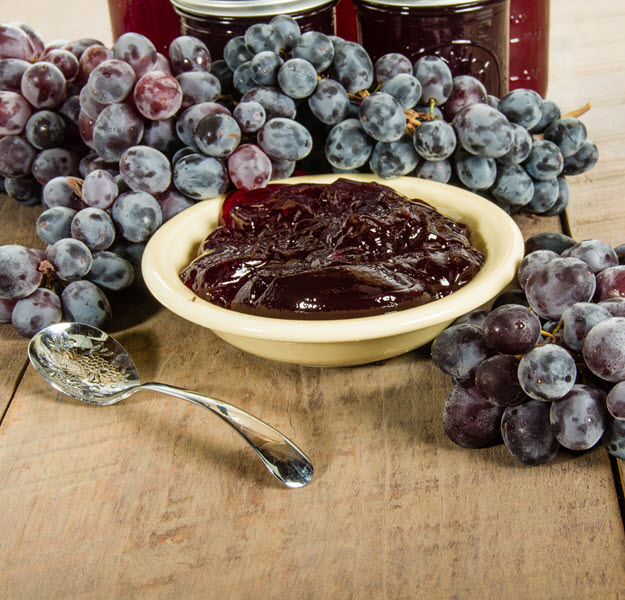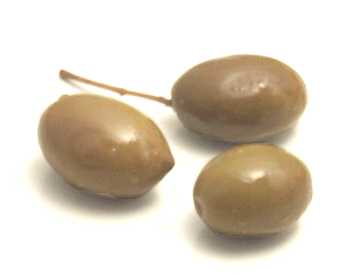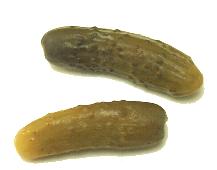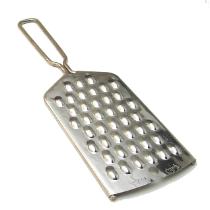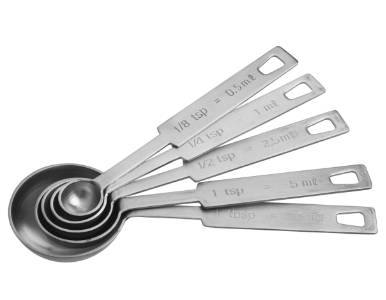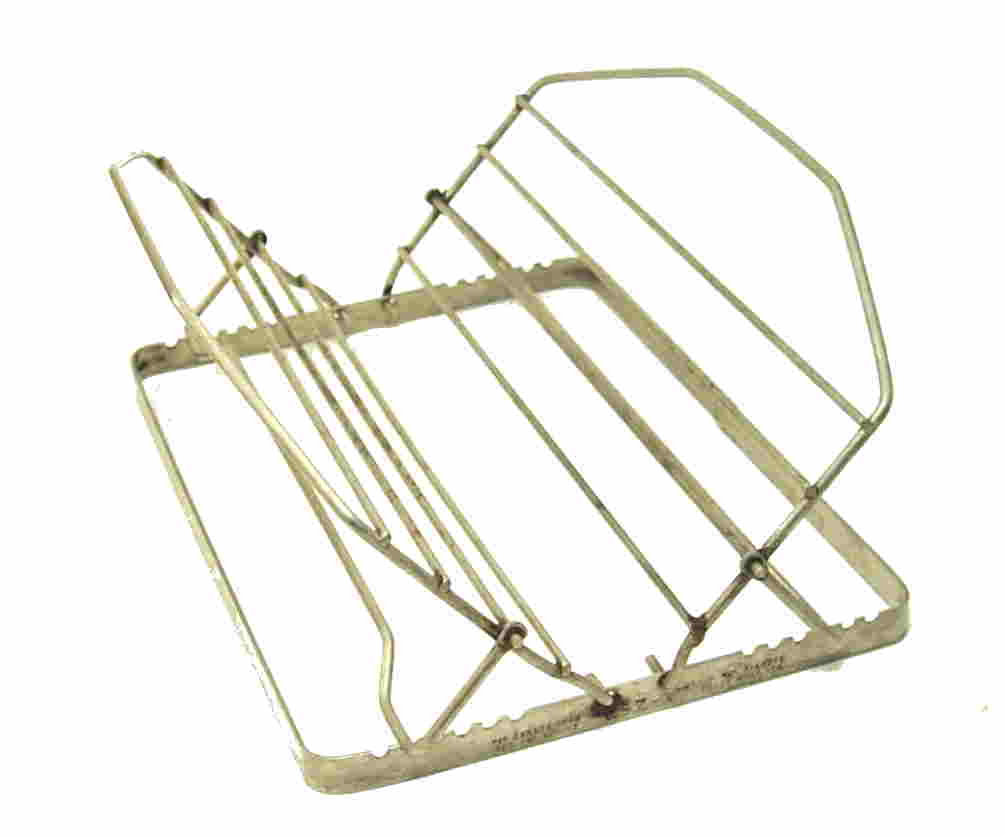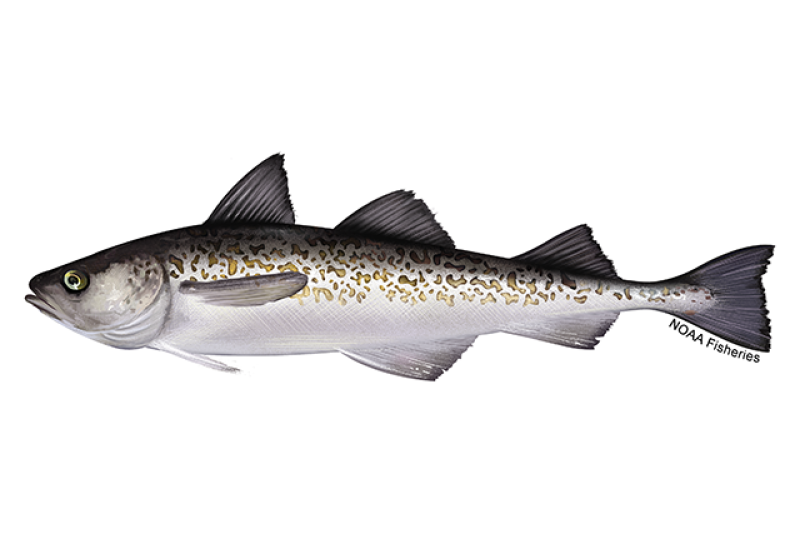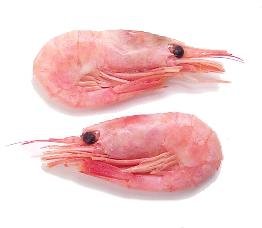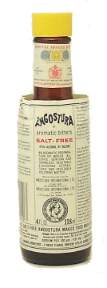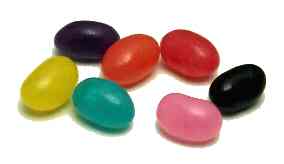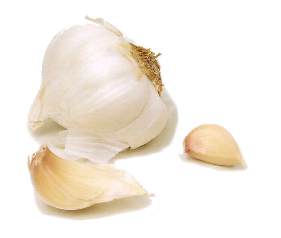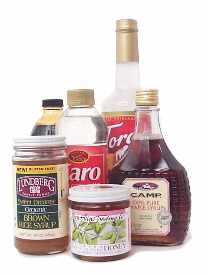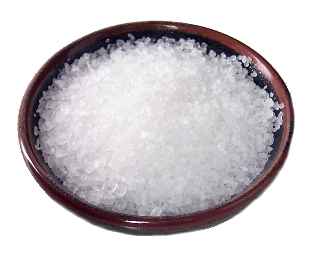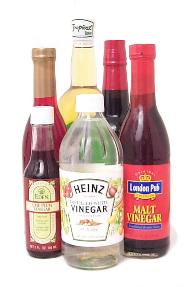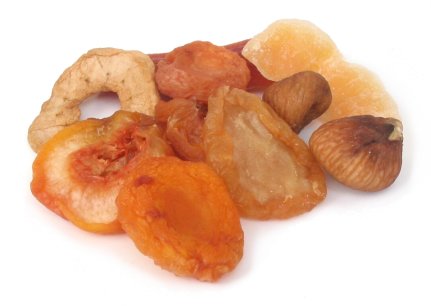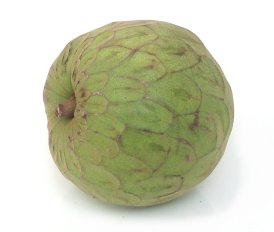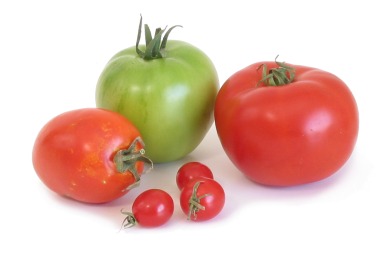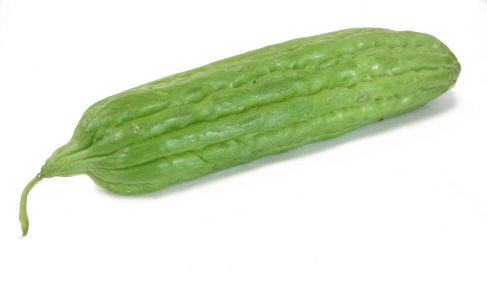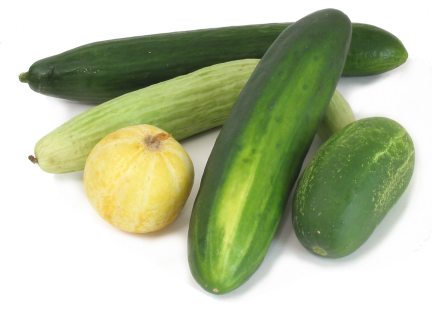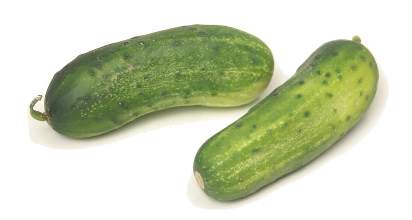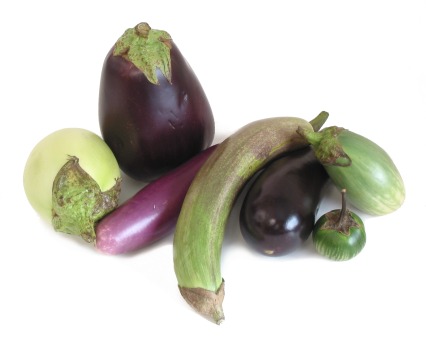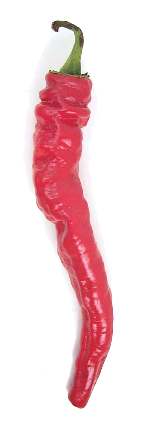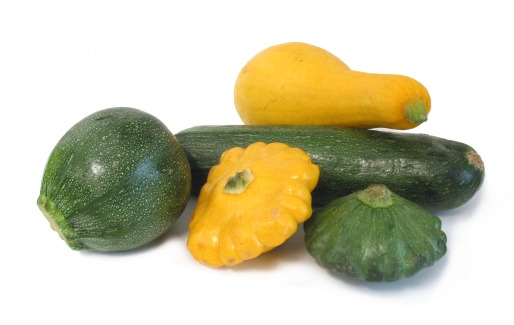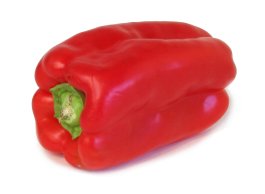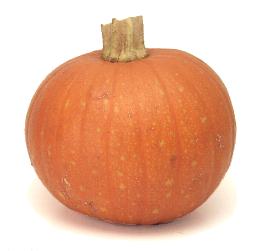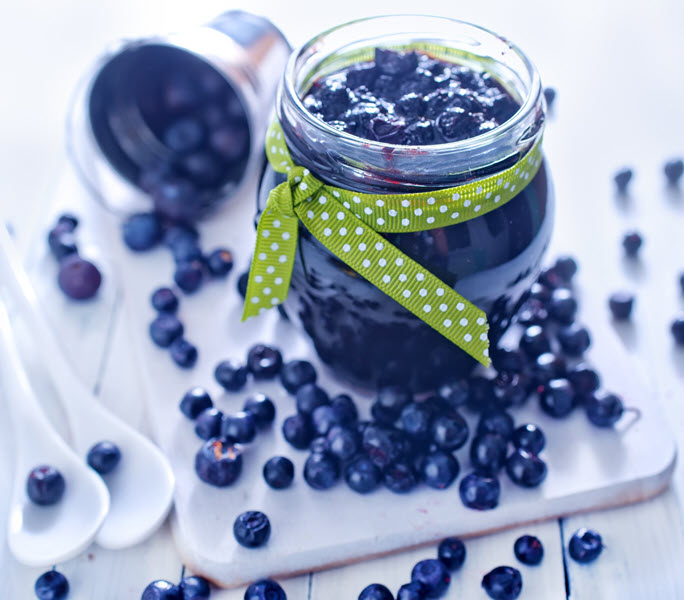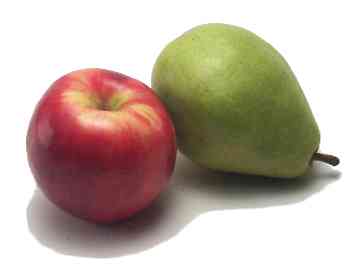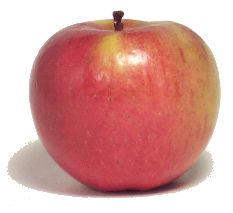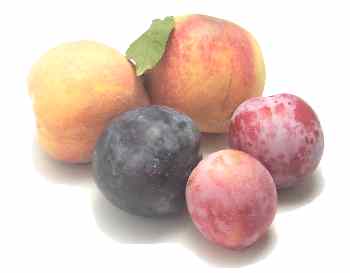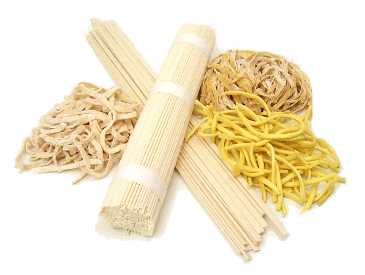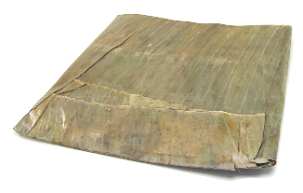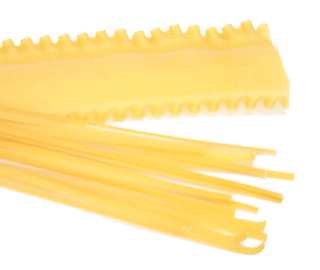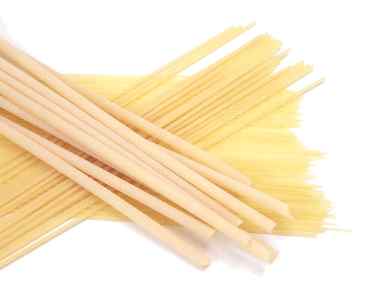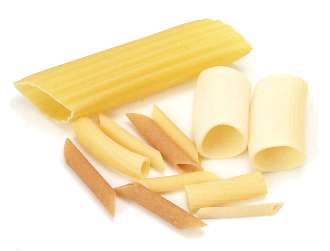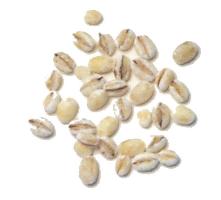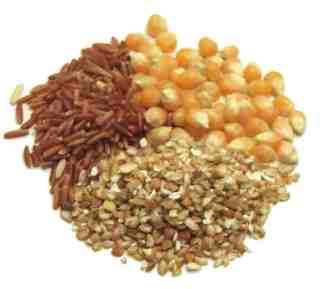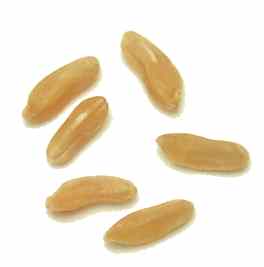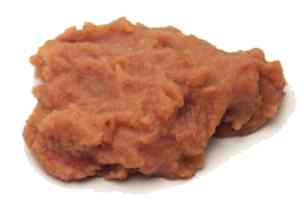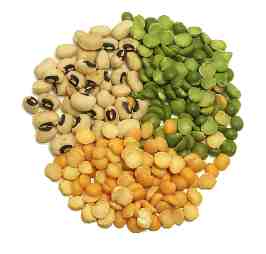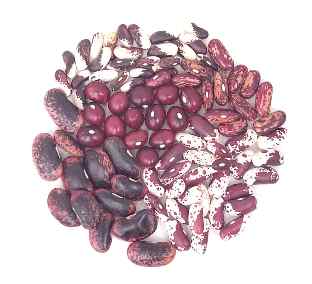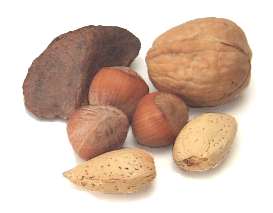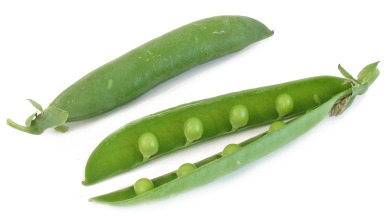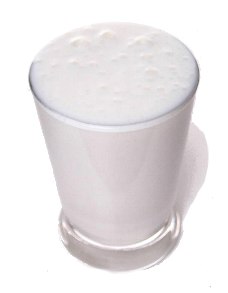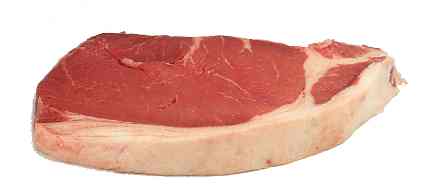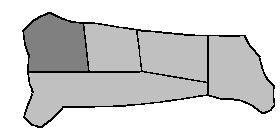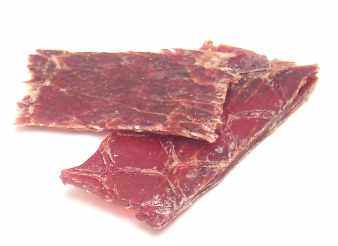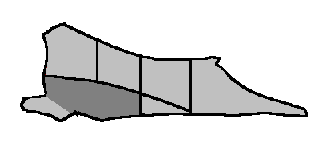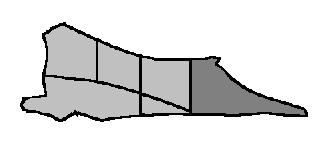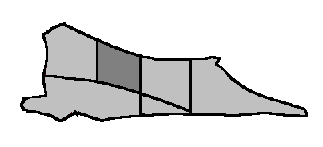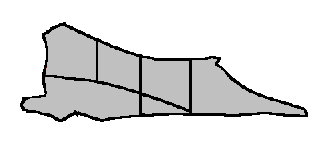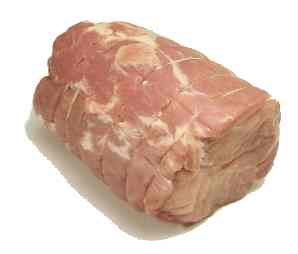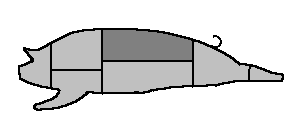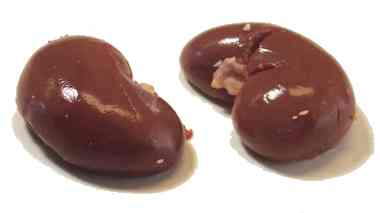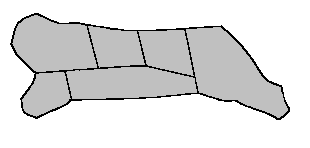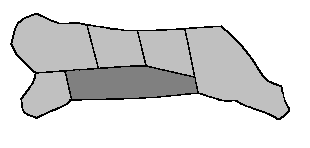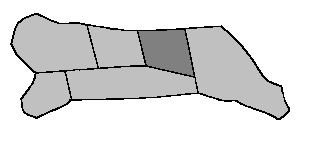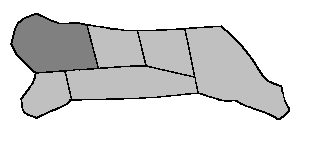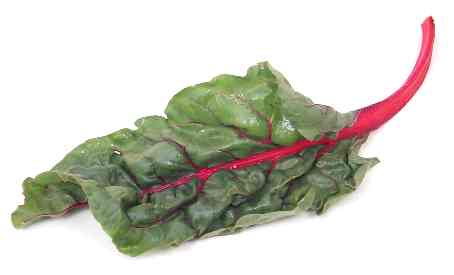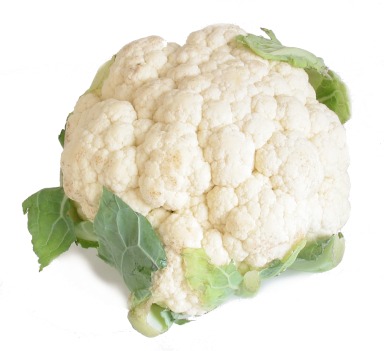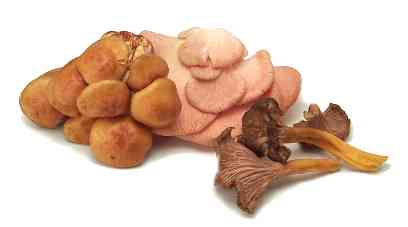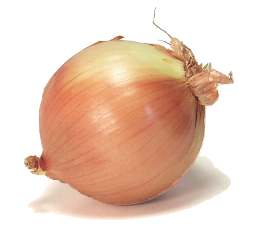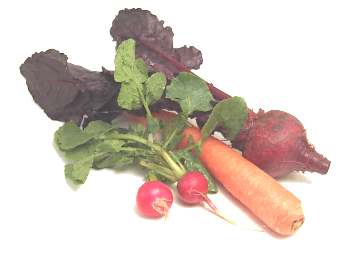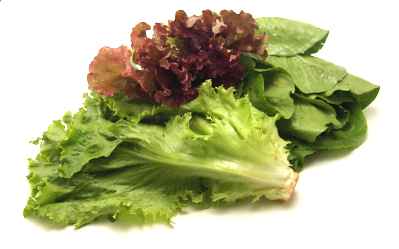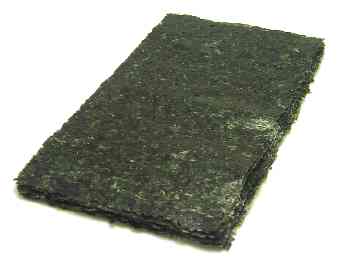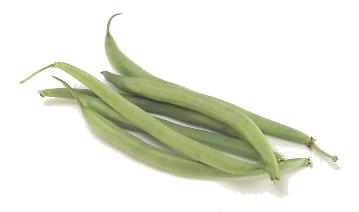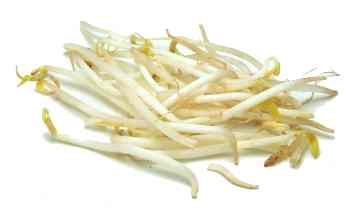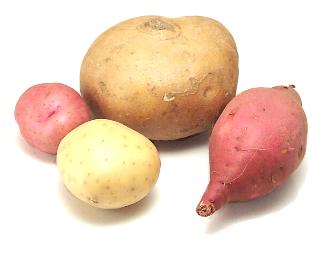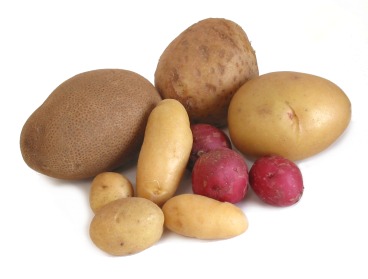Dairy Category

This category includes milk and cream, cheese, eggs, and cultured milk products, like yogurt, buttermilk, and sour cream.
Neufchatel
Neufchâtel is very similar in taste and appearance to cream cheese, but it's made from cow's milk instead of cream so it contains less fat and more moisture. Cheesecakes made with it cook more quickly and are more prone to cracking. Use it within a few days after purchasing, and throw it out if mold appears. For best results, serve chilled.
Learn moreNøkkelost
This Norwegian cow's milk cheese is seasoned with caraway seeds, cumin, and cloves.
Learn moreOssau-Iraty cheese
This little-known Basque cheese is made from raw sheep's milk, and it's creamy, nutty, and mellow.
Learn morePaglietta
This soft Italian cow's milk cheese resembles Brie and Camembert. Use it within a few days after purchasing. For best flavor, serve at room temperature.
Learn morepaneer cheese
Indians like to serve this bland fresh cow or buffalo milk cheese with spinach or peas. Use within a few days.
Learn moreparmesan
This firm cow's milk cheese is pungent, nutty, and salty, and it's terrific grated on salads, pasta, or pizzas, or served simply with figs, pears, or crusty bread. The best parmesan is the Northern Italian Parmigiano-Reggiano, but less pricy domestic parmesans are also well regarded. Aging increases the price and flavor.
Learn morepasta filata
These cheeses are stretched and pulled like taffy before being molded, which gives them a springy, elastic consistency. It is made from cow or buffalo milk. Unlike many cheeses, they stand up well to cooking. This category includes mozzarella, Provolone, Scamorza, string cheese, and Caciocavallo.
Learn morepasteurized process cheese
Look for this in deli counters and in holiday gift packs. This cheese is a blend of fresh and aged cheeses, and it's pasteurized to stop the ripening process. This improves shelf life but impairs flavor. Nuts, fruits, and other seasoning are often added.
Learn morepasteurized process cheese food
This cheese is similar to pasteurized process cheese, but it contains more milk solids and water. Velveeta is a popular brand.
Learn morepasteurized process cheese spread
This cheese is similar to pasteurized process cheese, but it's moister. Cheez Whiz is a popular brand.
Learn morepecorino
This is a firm and salty Italian sheep's milk cheese that's a close substitute for parmesan. There are three main varieties: Pecorino Romano, which is the best choice for grating onto a pasta dish or salad, Pecorino Toscana = Pecorino Tuscano, which is made in Tuscany, and Pecorino Sardo = fiore sardo, which is produced in Sardinia. Don't confuse Pecorino Romano with other firm Romano cheeses, which usually aren't as well regarded.
Learn morepepper jack
This a version of jack cheese with spicy peppers mixed in. It is made from cow's milk.
Learn morePetit-Suisse
You can buy small six-packs of this rich fresh cow's milk cheese all over France, but they're hard to find in the U.S. Gervais is a popular brand.
Learn morepicon
This excellent Spanish blue cheese comes wrapped in maple leaves. It's moist, crumbly, and pungent. It is a mixture of cow's, sheep's and goat's milk.
Learn morePont-l'Evêque
This ancient and well-regarded French cow's milk cheese isn't as stinky as other washed rind cheeses. It's best not to eat the rind.
Learn morePort Salut cheese
Port Salut is a mild French semi-soft cow's milk cheese. Don't confuse with Danish Port Salut, which is also called Esrom cheese.
Learn morepowdered egg whites
Look for this in stores that sell cake decorating supplies. Just Whites is a popular brand. For information on how to make meringues safely using raw egg whites, visit the Other Safety Factors section of the American Egg Board web site.
Learn morepressed cheese
pressed cheese Notes: These are cheeses which are pressed to remove moisture during their production, and then soaked in a salt bath and aged. This broad category includes most semi-firm and firm cheeses. During the production of some pressed cheeses, the curds are cooked to expel even more moisture. These firmer cheeses usually have hard rinds, which are sometimes coated with wax. Cooked pressed cheeses include Gruyère, Emmental, Gouda, and Parmesan. Uncooked pressed cheeses aren't as firm. They're often sweet and fruity when young, and they develop a more earthy and grassy flavor as they age. Examples include Cantal, Tommes de Savoie, and Morbier.
Learn moreprocessed cheese
These products combine cheese with gums and stabilizers that improve shelf life but compromise flavor and texture.
Learn moreprostokvasha
Postokvasha is a thick sour milk popular in Russia. It is similar to yogurt or kefir.
Learn moreprovolone
This Italian cow's milk cheese is like mozzarella, only firmer and more flavorful. It's often used in sandwiches and on on pizza. Provolone dolce is aged for up to three months. Provolone Valpadana is aged longer, and has a sharper flavor.
Learn morequark
This versatile fresh cow's milk cheese resembles soft cream cheese. Germans (who call is quark) and Austrians (who call it topfen) use it to make everything from cheesecake to gravy.
Learn morequeso blanco
This popular Hispanic fresh cheese is often added to casserole or bean dishes, since it holds its shape well when when heated. It is usually made with cow’s milk or a combination of cow and goat’s milk. It's a good cheese for frying or grilling, though queso para freir is a better choice if you can find it.
Learn morequeso enchilada
This is a hard Mexican grating cheese that's coated with red chile paste. It is usually made with cow’s milk or a combination of cow and goat’s milk.
Learn morequeso fresco
Mexican cooks like to crumble this mild grainy cheese onto soups, salads, casseroles, and bean dishes. It is usually made with cow’s milk or a combination of cow and goat’s milk. It softens but doesn't melt when heated.
Learn morequeso panela
This popular Mexican cow's milk cheese is mild and crumbly, and it doesn't lose its shape when heated. It's often mixed into bean dishes or casserole fillings or crumbled over salads and tacos. It can be fried, though queso para freir or queso blanco hold their shapes better. Queso panela is sometimes served with tropical fruit as a snack or appetizer.
Learn morequeso para freir
This fresh Hispanic cow's milk cheese is salty and crumbly. It's terrific for making the Caribbean specialty queso frito (fried cheese) since it holds its shape when when heated.
Learn morequrut
Reconstituted dry qurut is an acceptable substitute for fresh. Where to find it: Middle Eastern markets.
Learn moreraw milk
A few decades ago, the cream in milk would rise to the top and a glass of milk sitting on the counter would gradually turn sour. No more. Most commercial milk today is homogenized so that the fat is broken into small particles which remain suspended in the milk, and pasteurized to kill bacteria, including the friendly varieties that gave milk a sour tang. Raw milk isn't pasteurized; producers instead keep their cows and dairies clean in order to reduce the risk of bacterial contamination. Some people insist raw milk is more healthful than commercial milk since it contains active enzymes that help with digestion and absorption of nutrients. Many cheesemakers prefer it since pasteurization diminishes the cheese's flavor potential and homogenization gives it a waxy texture. Unfortunately, it's illegal to sell raw milk in many states.
Learn moreReblochon cheese
This rich and creamy French cow's milk cheese is quite mild for a washed rind cheese, but it's complex enough to be popular with gourmets. The rind is edible, but too pungent for many people.
Learn morereduced-fat cheese
These can be gummy and insipid, and they usually have a shorter shelf life than their fattier counterparts. Reduced-fat cheeses become rubbery if they're allowed to dry out during cooking, so keep the cheese moist by adding extra liquid or by sealing in the dish's moisture with a pot lid or aluminum foil.
Learn moreRequeson cheese
This fresh Hispanic cow's milk cheese resembles ricotta cheese, and is used to make dips and desserts.
Learn morericotta cheese
This Italian fresh cheese is made from the watery whey that's drained off in the production of mozzarella, provolone, and other cheeses. It's similar to cottage cheese, though it's smoother, less salty, and richer in calcium. Don't confuse ricotta cheese with ricotta salata, which is a drier, firmer cheese used in salads and pasta dishes. You can eat fresh ricotta straight from the tub with fresh fruit, but it's more commonly used as an ingredient in pasta dishes and desserts. Italian ricotta cheeses are made exclusively with whey, while American versions add milk as a stretcher. Low-fat versions are available, and they work quite well in cheesecakes. Use the cheese within a few days after purchasing, and throw it out if mold appears or if it tastes too acidic. It can be made from cow, sheep or goat milk.
Learn more

